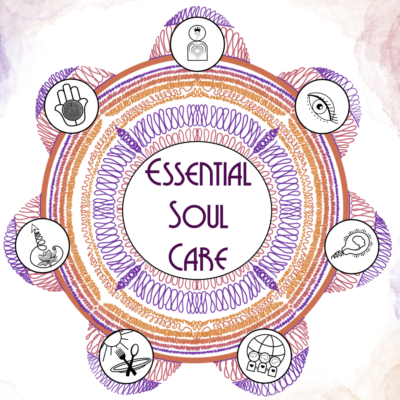
I never imagined I would be blogging on this topic. A decade ago, as co-founder of the Online Therapy Institute, I had written about mental health and the use of technology during disasters. That was post-Katrina. I knew then that the internet would be a powerful tool during such trying times. But I could not have foreshadowed that my years as an online therapist and thought leader in the field of telemental health would bring me here. I am teaching so many mental health practitioners about online therapy as they ramp up to serve existing clients and new clients during the onslaught of the coronavirus pandemic.
I am a licensed mental health practitioner. Can I practice online?
In many states no specific credential or course is required to practice online. All of the practical issues exist; scope of practice, jurisdiction, confidentiality- the same concerns regarding in-person counseling pertain to online counseling as well. In general, to practice counseling or psychotherapy one must be licensed by a state board. Many states now have strict rules and policies about crossing state lines. That means if a therapist is licensed in one state and the client resides in another state, online therapy may not be allowed. Licensed mental health professionals must check with their state board to be sure and also check with their malpractice insurance to ensure liability coverage. There are a lot of of items on the checkbox list before launching online. And that is what I have been teaching since 2001. While the landscape is ever-changing the main themes still exist.
The good news is that telemental health is hitting mainstream. There was a time when I felt I was on an island almost by myself- with just a few other professional peers. We were considered renegade. But we marched on with the message that online therapy is a viable option and with as much efficacy and merit as face-to-face therapy.
States may have different requirements. Take Georgia for example.
In the state of Georgia, a licensed mental health professional must complete 6 clock hours of training in order to conduct online therapy with existing and new clients. I have had a steady flow of students in my course since the rule was passed some five years ago. This week though, the floodgates have opened. Many therapists who want to keep the flow of care with the clients and avoid disruption are learning what they need to know to provide adequate services.
I am blessed to have been on the forefront of a movement that is finally gaining traction. I am sad that disasters such as Katrina and the current coronavirus pandemic are catalysts to bring telemental health forward but I am grateful I can be of service.
Resources for Mental Health Professionals
Centers for Disease Control Stress and Coping
American Counseling Association: Mental Health, Professional Counseling and Emergency Preparedness
American School Counselor Association: Coronavirus Resources
American Psychological Association: Pandemics- News, Tips and Tools
National Association of Social Workers: Coronavirus (COVID-19)
U.S. Department of Health and Human Services BULLETIN: HIPAA Privacy and Novel Coronavirus
British Association of Counselling and Psychotherapy: FAQs about coronavirus- Guidance for members
PositivePsychology.com The Crisis Kit: 5 Tools for Helping Clients Through Turbulent Times
Online Therapy Institute: Ethical Framework for the Use of Technology in Disaster Mental Health
United Nations Foundation: New Technologies in Emergencies and Conflict
Need training?
Need consultation/peer supervision?
https://deeannamerznagel.com/mentorship-and-consultation/




